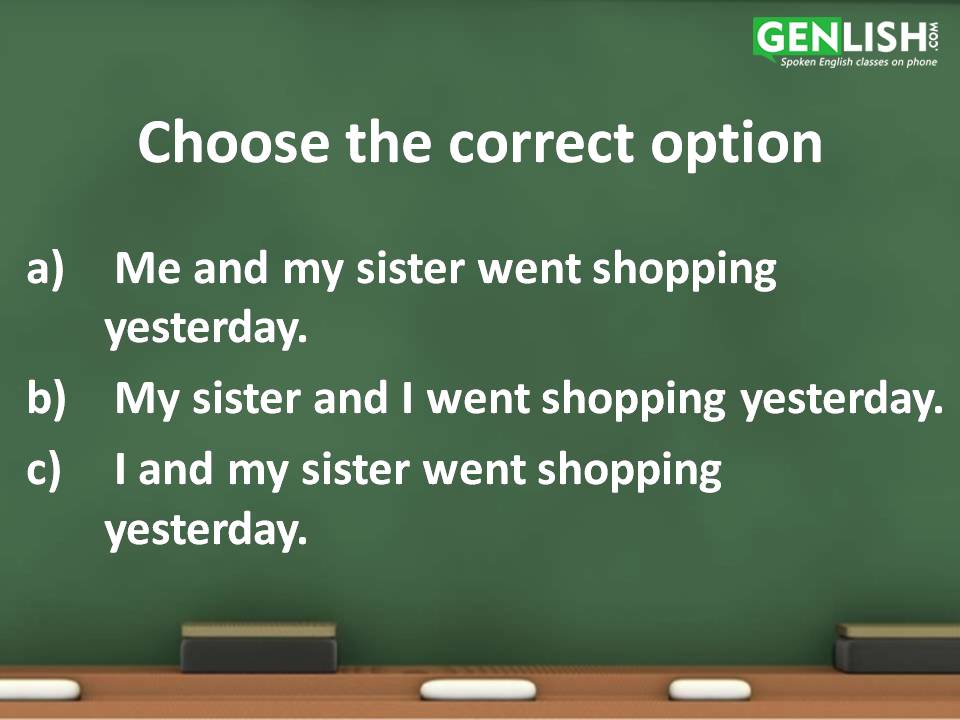

Personal pronouns are a type of pronoun that substitutes for another noun. Personal pronoun FAQs What are personal pronouns? The singular they is deemed acceptable usage by the Associated Press, Merriam-Webster, and several other language guides. If a customer wants to speak to a manager, they Many people get confused about when to use the interrogative objective pronoun whom, but it is quite easy to learn. The interrogative pronouns for all three persons are the same: who (nominative) and whom (objective). Subject pronouns are said to be in the nominative case, whereas object pronouns are said to be in the objective case. Personal pronouns can be either subjects or objects in a sentence. For each of these three grammatical persons, there is a plural as well. First-, second-, and third-person pronounsĪ personal pronoun can be in one of three “persons.” A first-person pronoun refers to the speaker, a second-person pronoun refers to the person being spoken to, and a third-person pronoun refers to the person being spoken of. Has written seven books and has cowritten or contributed to many others. Rose to international fame in the 1980s as an opponent of apartheid. In the fifth sentence, myself is the pronoun, since it is used to refer to I.Archbishop Desmond Tutu was born in 1931 in South Africa, and he In the fourth sentences, they are the pronoun, as it is used to refer to Mr. In the third sentence, who is the pronoun, since it is used to refer to the students. In the second sentence, her is the pronoun, since it is used in the place of Sally. In the first sentence, he is the pronoun, since it is used in the place of Mr. I am angry with myself for screaming at you. Kelly may not attend the party as they are on vacation right now.ĥ. The students who are taking the examination should wait here.Ĥ. Lee bought a house after he had saved enough money.ģ. Identify the pronouns in the following sentences.ġ. Let us do some exercises to see whether you have understood the concept of pronouns. Using pronouns appropriately is absolutely necessary in speaking and writing grammatically correct English.Įxamples of pronouns are you, I, he, she, it, we, they, anyone, everyone, himself, myself, nobody, yourself, who. If we did not use the pronoun, the sentences would be as follows: We use She so that the name of the girl, Susie, need not be repeated in the second sentence.

We use a pronoun so that a noun need not be repeated. What is a pronoun? A pronoun is a word that takes the place of a noun.

After nouns, pronouns is the next major grammatical category in the English language.


 0 kommentar(er)
0 kommentar(er)
